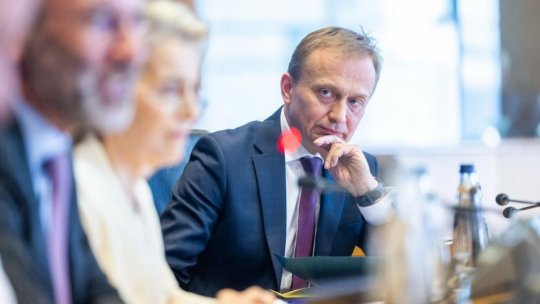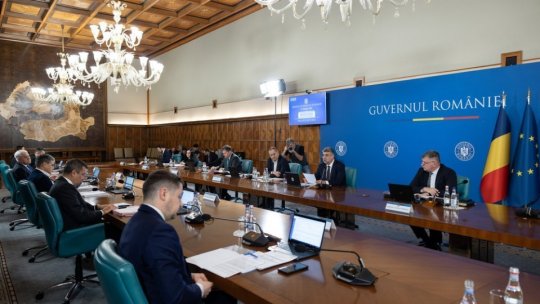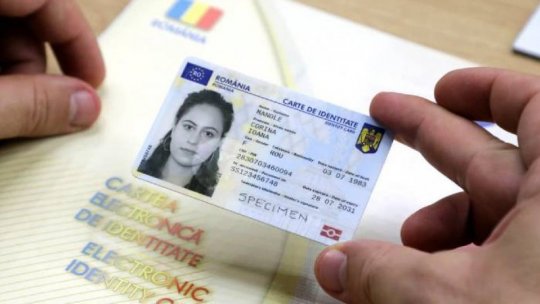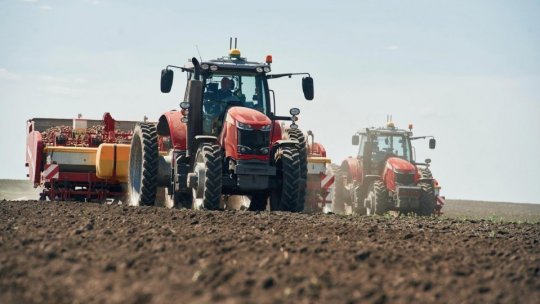European decisions in agriculture
The European Commission has endorsed Romania’s rural development programme for 2014-2020. For its implementation, Bucharest has 9.5 billion Euros in EU funds in the coming 7 years.

Articol de Radio România Internaţional, 28 Mai 2015, 07:00
The European Commission’s decision to endorse 24 additional rural development programmes is estimated to create 40,000 jobs in rural areas.
The programmes are aimed at improving the competitiveness of EU farming, to help protect the rural communities and the environment and strengthen the economic and social structures of rural communities until 2020.
According to the European Commissioner for Agriculture and Rural Development, Phil Hogan, “the programmes adopted offer funding for a range of dynamic projects, varying from modernisation projects for agriculture and encouraging generational renewal in Croatia and Romania, to rolling out broadband to sparsely populated areas in Italy and support for organic farming in Sweden or enhancing eco-friendly land management on 1 million hectares of farmland in Ireland.”
The budget earmarked to Romania under the National Rural Development Programme for 2014-2020 accounts for 8.18% of the European Agricultural Fund for Rural Development, the largest of the 24 programmes endorsed on Tuesday.
The money will be spent to promote competitiveness and restructure the farming sector, to protect the environment and restructure the agriculture sector, and to encourage economic development, create jobs and improve living standards in the Romanian villages, many of them below the national and EU average levels.
The programme will support the modernisation of around 3,400 farms, the development of more than 30,000 small farms and will allow over 9,400 young farmers to move in and start working in rural areas.
As regards the reconstruction, preservation and consolidation of agriculture and forestry ecosystems, over 1.3 million hectares of farmland and 800 thousand hectares of forest will benefit from funds aimed at supporting biodiversity and at fostering environment-friendly land management practices.
Another 4.7 million hectares will benefit from support to prevent land abandonment and erosion.
Agriculture-related skills will be reinforced by means of training programmes for 184,000 people.
Nearly 27,000 jobs will be created, and 3,000 non-farming rural enterprises will be set up.
Around 27% of the rural population will benefit from investment in the development of rural infrastructure.
Support for rural development is the second pillar of the Common Agricultural Policy, which provides Member States with a European funding scheme managed at national or regional level as part of a total of 118 multi-annual programmes in the 28 Member States.









